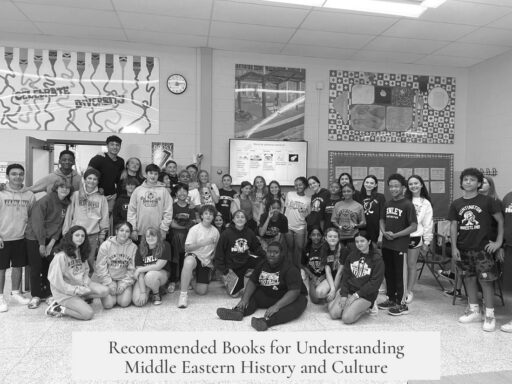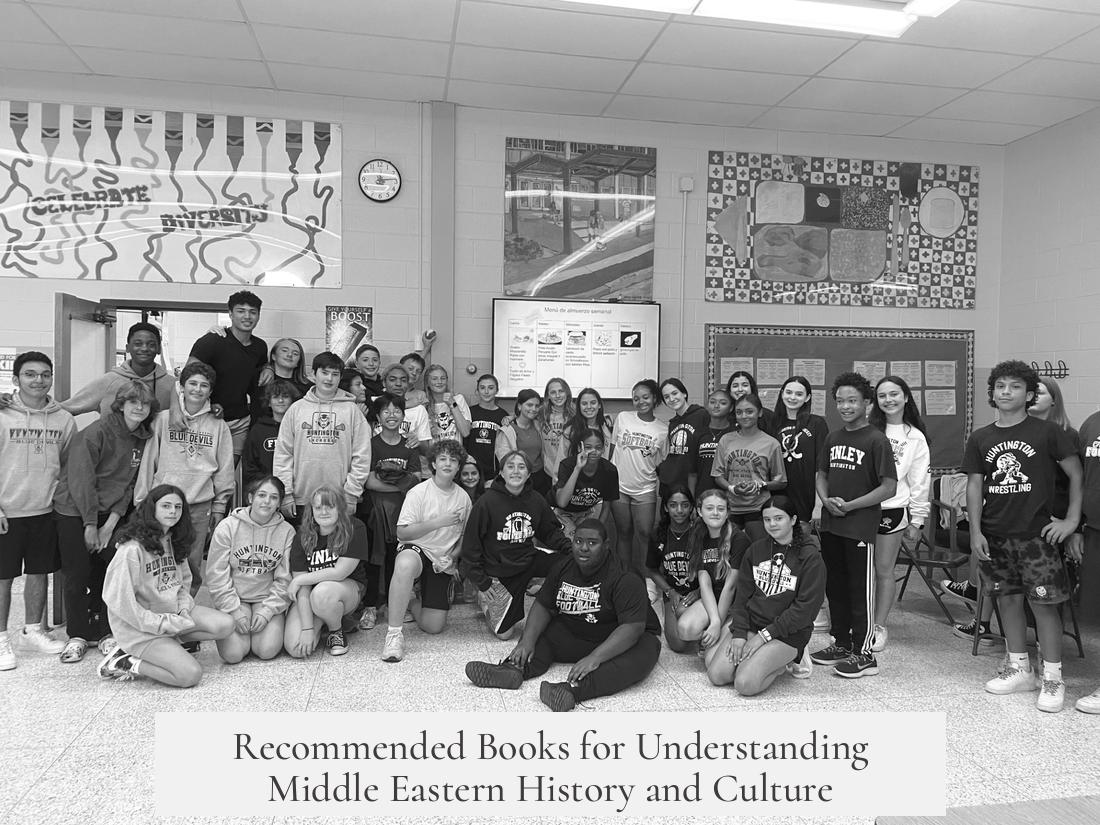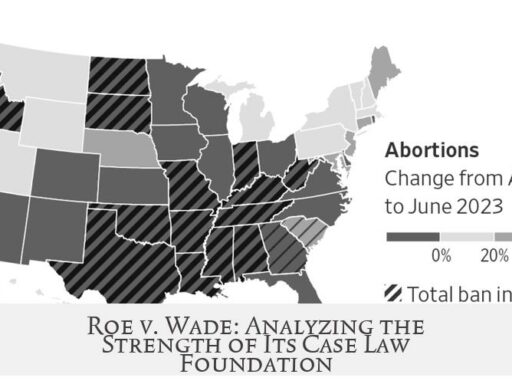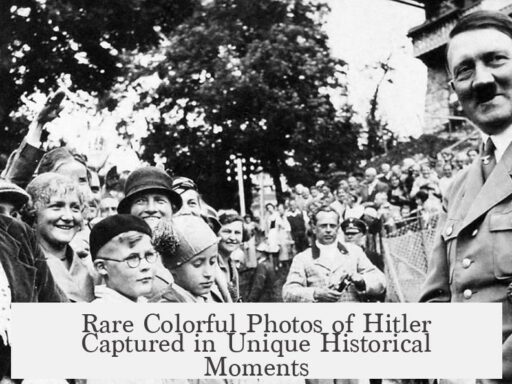Yes, several highly regarded books cover Middle Eastern history comprehensively, catering to different interests and levels of expertise. Notable recommendations include Peter Mansfield’s A History of the Middle East for an all-encompassing overview; Albert Hourani’s A History of the Arab Peoples for Arab world history; and William Cleveland’s A History of the Modern Middle East for detailed eras. For readers seeking accessible guides, Dr. Craig Davis’s Middle East for Dummies presents a concise narrative about the region’s development into modern times.
Peter Mansfield’s book spans ancient to modern history and highlights societal shifts in the region. It is favored for clarity and comprehensiveness. Hourani’s work focuses specifically on Arab peoples, tracing historical developments that shaped the Arab world. William Cleveland’s text offers an extensive review of the region’s modern era, useful in academic settings.
Those interested in specific periods might prefer targeted volumes. Amin Maalouf’s The Crusades Through Arab Eyes offers a unique perspective on the Crusades from the Arab viewpoint, challenging typical Western narratives. For more recent and conflict-oriented coverage, Robert Fisk’s The Great War for Civilization delves into post-1979 Middle Eastern affairs with wide-ranging detail.
Oxford’s The Fall of the Ottoman Empire provides an in-depth but somewhat dense look at European influences and regional problems during the empire’s decline. Alternatively, Lord Kinross’s Ottoman Centuries: The Rise and Fall of the Turkish Empire gives a readable account of Ottoman history.
Paul Kriwaczek’s Babylon offers a broad, essay-like narrative covering early urban civilizations in Mesopotamia through the fall of Babylon, suitable for readers interested in ancient history. For cultural insights, Peter Frankopan’s The Silk Roads reframes global history, emphasizing Middle Eastern and Eastern roles in shaping Europe and beyond.
Whitfield’s Life Along the Silk Road explores the Silk Road’s cultural and economic impacts across diverse societies, while Naguib Mahfouz’s fictional The Journey of Ibn Fattouma reveals Arab cultural and political dynamics through allegory. Wilfred Thesiger’s The Marsh Arabs and Arabian Sands document vanishing ways of life, capturing regional social history.
Religious and political themes are well represented. Destiny Disrupted: A History of the World Through Islamic Eyes offers history through an Islamic perspective, complementing Israel Finkelstein’s The Bible Unearthed, which examines the Old Testament’s historical basis via archaeology. Power, Faith, and Fantasy analyzes U.S. relations with the Middle East from the founding of America to the early 21st century.
Focusing on American foreign policy, Andrew J. Bacevich’s America’s War for the Greater Middle East scrutinizes recent U.S. involvement and strategic interests. For comprehensive histories on the Israeli-Palestinian context, Simon Sebag Montefiore’s Jerusalem: A Biography covers roughly 4,000 years of the city’s complex past in accessible prose.
The region’s history is often subject to interpretive bias. Readers should approach Middle Eastern historical accounts critically, as some narratives may be influenced by ideological agendas, including Orientalist or Islamist perspectives. This caution helps in discerning factual evidence from partisan viewpoints.
| Book Title | Author | Focus Area | Recommended For |
|---|---|---|---|
| A History of the Middle East | Peter Mansfield | Comprehensive Regional History | General Readers, Students |
| A History of the Arab Peoples | Albert Hourani | Arab World History | Undergraduates, Specialists |
| The Crusades Through Arab Eyes | Amin Maalouf | Medieval Crusades from Arab View | Readers Interested in Crusades |
| The Great War for Civilization | Robert Fisk | Late 20th Century Conflicts | Advanced Readers, Historians |
| Middle East for Dummies | Dr. Craig Davis | Modern Middle East Overview | Beginners, General Audience |
| Jerusalem: A Biography | Simon Sebag Montefiore | History of Jerusalem | General Audience, Middle Eastern Studies |
- Choose comprehensive texts like Mansfield or Hourani for broad historical coverage.
- Explore specific eras with focused books such as Maalouf’s Crusades account or Fisk’s modern conflict analysis.
- Consider cultural and societal insights through works on the Silk Road or Arab fiction.
- Be aware of potential biases influenced by political and ideological perspectives.
- Books vary in accessibility; some suit beginners, others require background knowledge.
Can You Recommend a Good Book About Middle Eastern History?
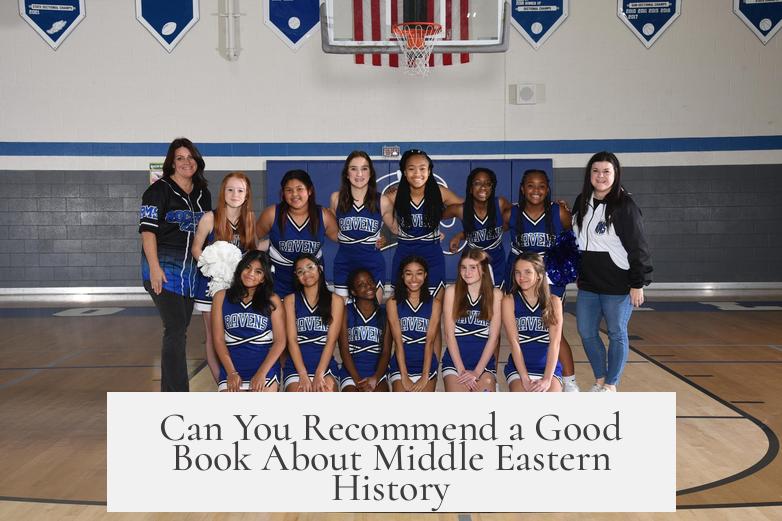
If you’re asking for a solid book recommendation on Middle Eastern history, the answer is yes—but it depends on what slice of this vast, complex region and era you want to dive into. Middle Eastern history isn’t just a single story. It’s a multifaceted, winding tapestry of ancient empires, religious developments, cultural exchanges, intense conflicts, and political struggles. So let’s navigate together through the best books that tackle various angles of this expansive subject.
Whether you’re a history buff, a student, or just curious about the Middle East’s past and present, the right book can illuminate this oft-misunderstood yet fascinating region.
General Overviews: Start Here!
If you want a clear, broad look at Middle Eastern history, these foundational books will set you up nicely.
- A History of the Middle East by Peter Mansfield—This one’s a crowd favorite for a reason. Mansfield guides you from ancient Mesopotamia right up to modern times. His approach isn’t just about kings and battles; he really digs into the societal changes that shifted the region’s fabric over centuries. Clear, accessible, and detailed—it’s an excellent jumping-off point.
- A History of the Arab Peoples by Albert Hourani—Often considered a classic, Hourani’s work was required reading for many students (including me) tackling Middle Eastern history. The book is rich with insights into Arab cultural and political evolution. If your focus is on the Arab world within the Middle East, this is a must-read.
- A History of the Modern Middle East by William Cleveland—Cleveland walks you through each era with equal care. It’s thorough and balances political, social, and economic perspectives quite well. This book is especially good if you want to understand how the Middle East has transformed from the 19th century onwards.
- Middle East For Dummies by Dr. Craig Davis—Don’t let the title fool you. This concise book covers a ton—under 400 pages—and manages to paint a coherent picture of how today’s Middle East came to be. Ideal for newcomers or those who want an easy-to-digest version without losing crucial details.
Diving into Specific Periods? Here’s Where to Go:
Want to zero in on particular events or eras? These books bring specific moments to life, often from unique angles.
- The Crusades Through Arab Eyes by Amin Maalouf—Ready for a fresh perspective? Maalouf recounts the Crusades from the perspective rarely showcased—the Arab side. There’s even a humorous scene in a bathhouse showing Crusaders and locals mingling; definitely breaks the usual grim narratives.
- The Great War for Civilization by Robert Fisk—This is THE definitive recent history if you want to understand Middle Eastern conflicts from 1979 to contemporary times. It’s thick, detailed, and can keep you busy for years. Comes with a massive list of sources to explore.
- The Fall of the Ottoman Empire (Oxford Press)—Dry but fascinating, it focuses on the European influence creeping into the far west of the Middle East, touching on Egypt and Russia. If you want a deep dive into the Ottoman decline, this works.
- Ottoman Centuries: The Rise and Fall of the Turkish Empire by Lord Kinross—Another Ottoman-focused work, more narrative-driven and easier to digest. It combines empire-building drama with political intrigue.
- Babylon by Paul Kriwaczek—Kriwaczek’s style reads like a long essay that flows smoothly. From the urban civilizations of Ur to the Persian conquest of Babylon, it’s an enjoyable overview of early Middle Eastern empires.
Culture and Society: More Than Just Battles
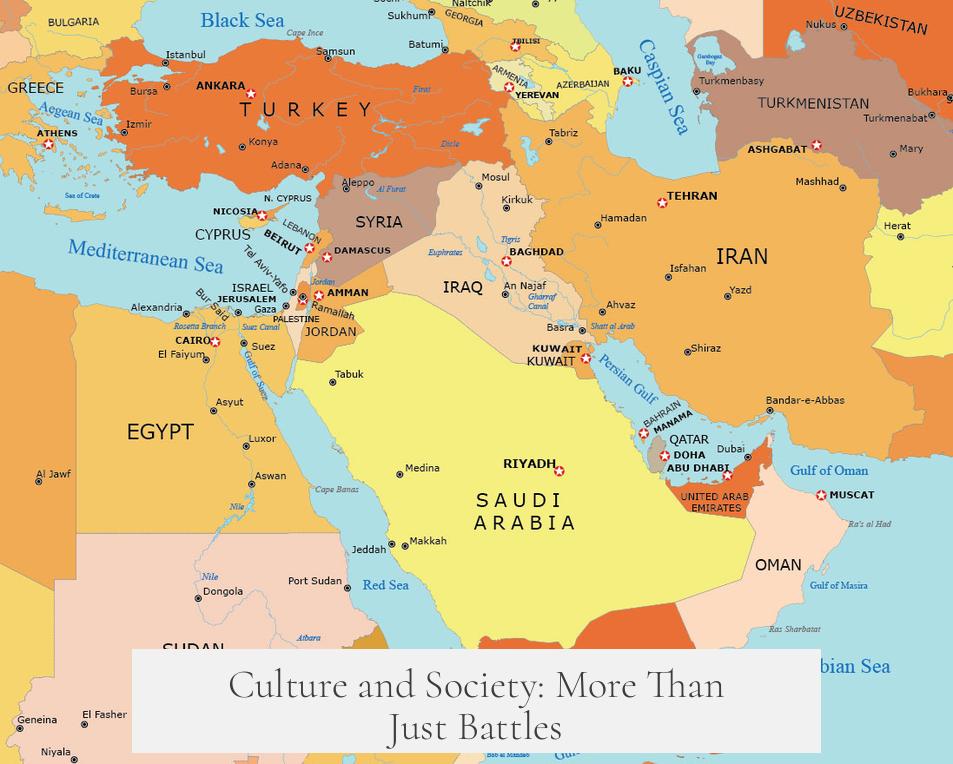
Middle Eastern history is not just about wars and politics; it’s also about rich cultures, trade, and social life.
- The Silk Roads by Peter Frankopan—Not purely about the Middle East, yet essential. It flips the viewpoint away from Eurocentric history. The Middle East emerges as a critical hub in global development and cultural exchange. Eye-opening and detailed.
- Life Along the Silk Road by Whitfield—This book offers a vivid glimpse into the lives, cultures, and occupations along the legendary Silk Road. Pleasantly broad and approachable for anyone intrigued by cultural intersections.
- The Journey of Ibn Fattouma by Naguib Mahfouz—Though not a straight history book, this novel reveals Arab cultural and political tensions through a semi-allegorical journey. Great for readers wanting narrative insight into 20th-century Arab dynamics.
- The Marsh Arabs and Arabian Sands by Wilfred Thesiger—If you want a snapshot of disappearing worlds within the Middle East, Thesiger’s books bring you close to remote societies. For a counterbalance, Simon Sebag-Montefiore’s Jerusalem: A Biography offers a rich narrative on one of the world’s most contested cities.
Religion and Politics: Understanding the Ties That Bind
The Middle East is inseparable from religious and political history. These books dig into that.
- Destiny Disrupted: A History of the World Through Islamic Eyes—Presents history from an Islamic perspective, shedding light on a narrative often overlooked.
- The Bible Unearthed by Israel Finkelstein—Analyzes the Old Testament through archaeological findings—great for those interested in where religion meets evidence.
- Power, Faith, and Fantasy—Explores the deep and tangled relationship between the US and Middle East from George Washington’s era to George W. Bush, bridging politics, ideology, and religion.
US Involvement and Modern Conflicts
Curious about America’s recent role in the Middle East? Andrew J. Bacevich’s America’s War for the Greater Middle East meticulously covers contemporary US policies and military actions in the region.
Israel and Palestine: A Focused Glimpse
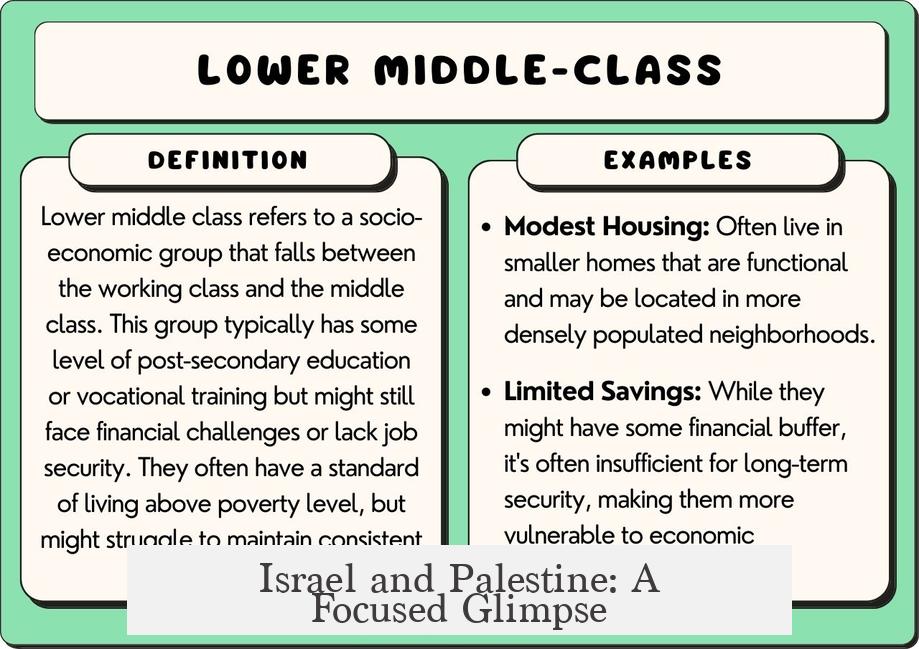
Interested in the long and turbulent history of Israel and Palestine? Simon Sebag-Montefiore’s Jerusalem offers an accessible yet comprehensive narrative stretching 4,000 years. For a modern perspective, Bad News from Israel captures the recent complexities—though not a history book per se, it reflects many ongoing tensions.
A Word of Caution About Bias
Before you get too comfortable with any single book or view, remember: the Middle East is often caught in a fierce tug-of-war between orientalist and Islamist perspectives. Both sides sometimes distort historical facts to fit agendas. Stay curious, keep a skeptical eye, and cross-check where possible.
Final Thoughts: Your Reading Adventure Begins Here
If you want to start simply, Peter Mansfield’s A History of the Middle East and Hourani’s A History of the Arab Peoples are excellent first stops. They give you the essential landscape.
If you’re after colorful stories or overlooked perspectives, Amin Maalouf’s The Crusades Through Arab Eyes or Paul Kriwaczek’s Babylon might be your thing.
Care about recent conflicts and their roots? Robert Fisk’s The Great War for Civilization and Bacevich’s America’s War for the Greater Middle East will fill that niche.
And for lovers of culture and economic history, Frankopan’s The Silk Roads can rewrite how you look at global history—and the Middle East’s role in it.
Choosing a book depends on what parts of the Middle East’s story excite you: ancient empires, cultural crossroads, political struggles, or recent wars. Once you pick, the pages will open worlds you didn’t know existed. Which path do you want to explore first?
